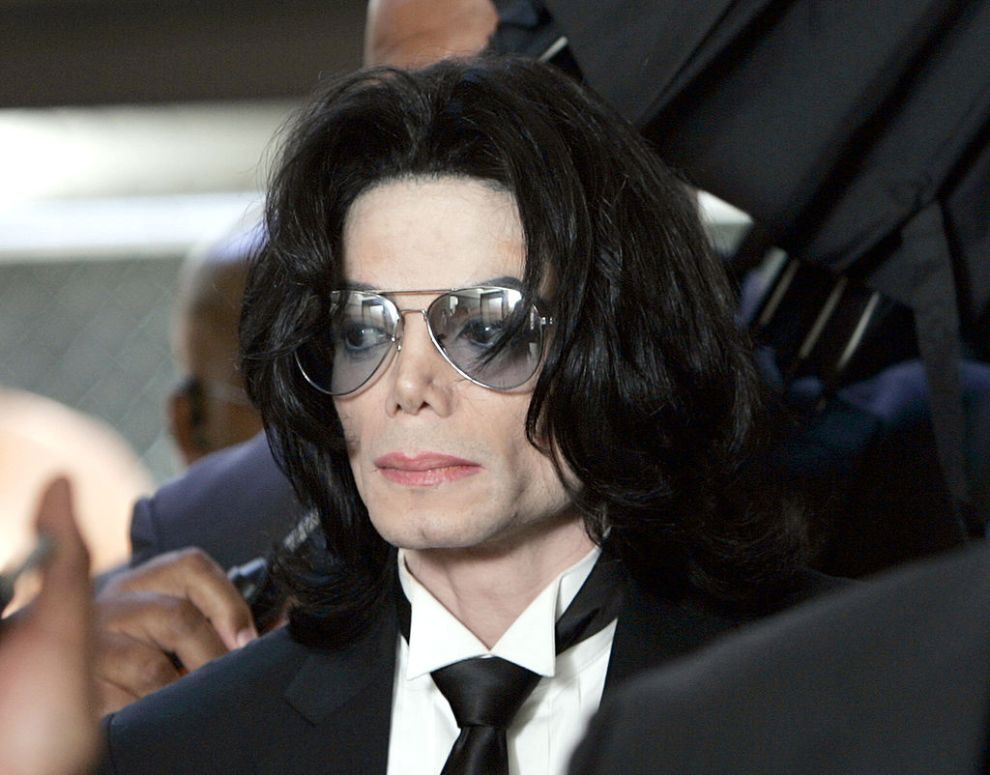Michael Jackson, the King of Pop, died on June 25, 2009, at the age of 50. Court documents reveal he was over $500 million in debt at that time. Despite his legendary music career, Jackson’s financial situation was dire, driven by years of excessive spending and costly legal battles.
Jackson’s Financial Struggles
The night before his death, Jackson completed a six-hour rehearsal at the Staples Center in Los Angeles. He was preparing for his “This Is It” tour, set to run from July 2009 to March 2010 at London’s O2 Arena. Despite his efforts to stage a comeback, his finances were in a critical state. According to William R. Ackerman, a certified public accountant, Jackson’s spending habits were extravagant. “He spent a lot of money on jewelry, travel, art, and donations to charity,” Ackerman testified. “He was tapped out.”
From 1993 onwards, Jackson’s debt accumulated rapidly. By 1998, he owed $140 million, and this number grew by another $170 million from 2001 to 2009. Interest rates on his loans ranged from 7% to 16.8% annually, adding to the financial pressure.
Collateral and Loans
Jackson used his stake in a song catalog, including Beatles hits, as collateral for $270 million in loans from Bank of America. The bank later sold these loans to Fortress Investment Group. Randy Phillips, former CEO of AEG Live, mentioned, “Michael wanted people to see his work, not just talk about his lifestyle. He was ready to clean up his finances.”
After his death, the financial burden of the canceled tour fell on his estate. He owed around $40 million to concert promoter AEG. The estate was on the brink of bankruptcy, with over half a dozen lawsuits pending worldwide and more than 65 creditor claims filed.
Estate Recovery
John Branca and John McClain, executors of Jackson’s estate, along with their legal counsel, faced the enormous task of managing these debts. They successfully renegotiated and restructured the financial arrangements, reducing interest rates and avoiding asset loss. They secured Jackson’s catalog, Mijac Music, and his estate’s interest in Sony/ATV.
Negotiations with Sony in 2012 led to acquiring an interest in EMI Music Publishing. In 2018, Sony Corp. purchased the estate’s interest in EMI for approximately $300 million, a significant return on the initial investment.
Jackson’s estate, now valued at over $2 billion, has resolved most creditor claims and lawsuits. However, ongoing legal issues, including allegations against Jackson’s companies, continue to require attention.
“Although the Executors have eliminated the Estate’s debt, challenging business, tax, and legal issues remain,” the petition noted.

